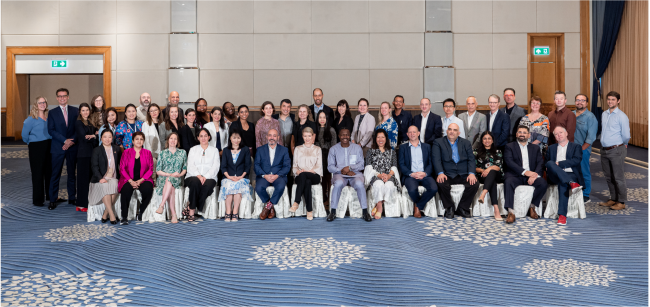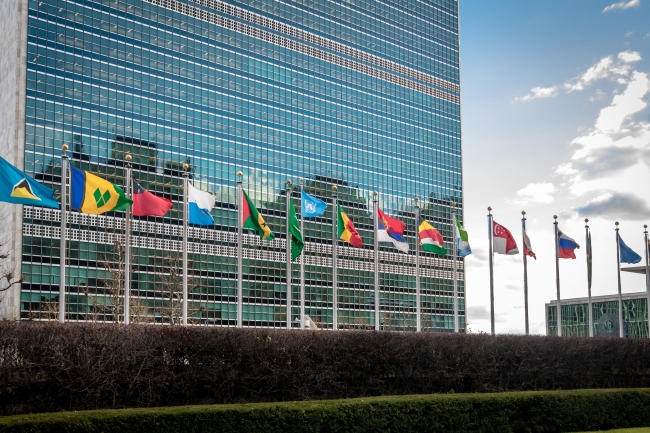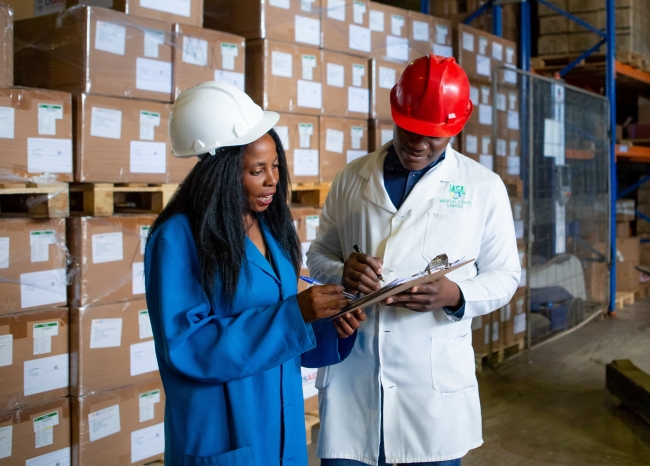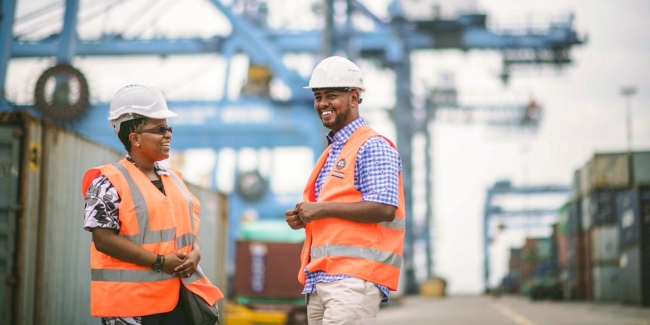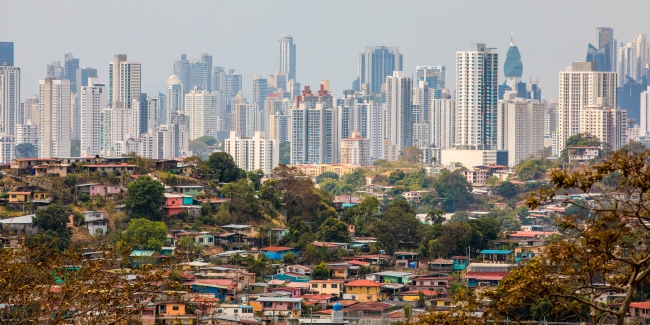Making Public Finance Work for Everyone
26 JUNE, 2025

From 30 June to 3 July, global leaders will meet in Sevilla for the Fourth International Conference on Financing for Development (FFD4). This isn’t just another moment on the multilateral calendar. It’s a chance to reimagine how public finance delivers real results for people, planet and communities around the world.
Global financial assets now exceed US$450 trillion. Yet countries still face a US$4.3 trillion annual gap in financing the Sustainable Development Goals (SDGs). That shortfall translates into underfunded health systems, stalled infrastructure and communities left exposed to climate risks.
The resources exist. The challenge is directing them where they are needed most.
Why Public Finance Matters
Public finance is not abstract. It shapes daily life. The way governments raise and allocate public funds determines whether schools are built, vaccines reach clinics or digital infrastructure extends to rural areas.
But many countries are under pressure. This includes 59 developing economies that are in or near debt distress. In the least developed countries, average tax-to-GDP ratios are just 12 percent, less than half the average in Organisation for Economic Co-operation and Development (OECD) economies. That shortfall undermines progress in critical areas such as climate adaptation, health and social protection.
Public finance needs to be more integrated, more equitable and more focused on outcomes.
What’s Changing
At FFD4, UNDP will launch an expanded Public Finance for SDGs initiative, bringing together existing work in more than 50 countries into a unified effort to make public finance systems more effective, accountable, and aligned with national development goals.
As part of this effort, the Public Finance for SDGs Collaborative (a Sevilla Platform for Action Initiative) is being introduced in Sevilla—a bold push to connect planning, budgeting, revenue and debt with real development outcomes.
The Collaborative convenes key institutions like the IMF, World Bank, and Tax Inspectors Without Borders, grounded in the understanding that no single actor can tackle today’s fiscal challenges alone. It doesn’t aim to create new structures, but to build on what works—sharing tools, aligning country-level support, and scaling up tested, country-led reforms.
This is about more than raising revenue. It’s about spending smarter—making public finance more strategic, targeted, and responsive. The Collaborative puts gender equality, climate action, health, nature, and equity at the core, as essential pillars of the SDG agenda.
The initiative focuses on four areas where smarter fiscal policies are already making a difference:
1. Raising Revenue Fairly and Effectively
Countries need tax systems that are inclusive and efficient. Through initiatives like Tax for SDGs and Tax Inspectors Without Borders, UNDP is helping countries expand their tax base, reduce evasion and improve compliance. This support has already helped generate US$2.4 billion in additional revenues across 70 countries.
2. Aligning Budgets with Real Outcomes
It’s not just about how much governments spend; it’s about how well they spend it. UNDP works with public finance institutions to link spending to national development strategies and track performance. In more than 60 countries, this work has helped align US$195 billion in budgets with the SDGs, while making US$400 billion in budget data more transparent.
3. Coordinating Fiscal Policy Around National Goals
The most resilient public finance systems integrate tax, spending and borrowing into a coherent strategy. UNDP supports countries to plan for the long term, manage risk and align fiscal tools with outcomes in areas such as gender equity, climate resilience and health.
4. Using Digital Tools to Improve Transparency and Reach
Digital technologies are reshaping how governments manage public resources. Artificial intelligence and real-time data platforms are helping identify spending gaps and reduce waste. UNDP supports countries in adopting these tools while building safeguards for privacy, inclusion and accountability.
What FFD4 Means
FFD4 is about turning policy into practice. It’s about supporting countries that want to use public finance not just to balance the books, but to improve lives.
The Public Finance for the SDGs initiative offers a path forward, through tested tools, collaborative support and lessons from around the world. These reforms are working and ready to scale.
With stronger public finance systems, countries can expand opportunity, build trust and shape a more sustainable future.

